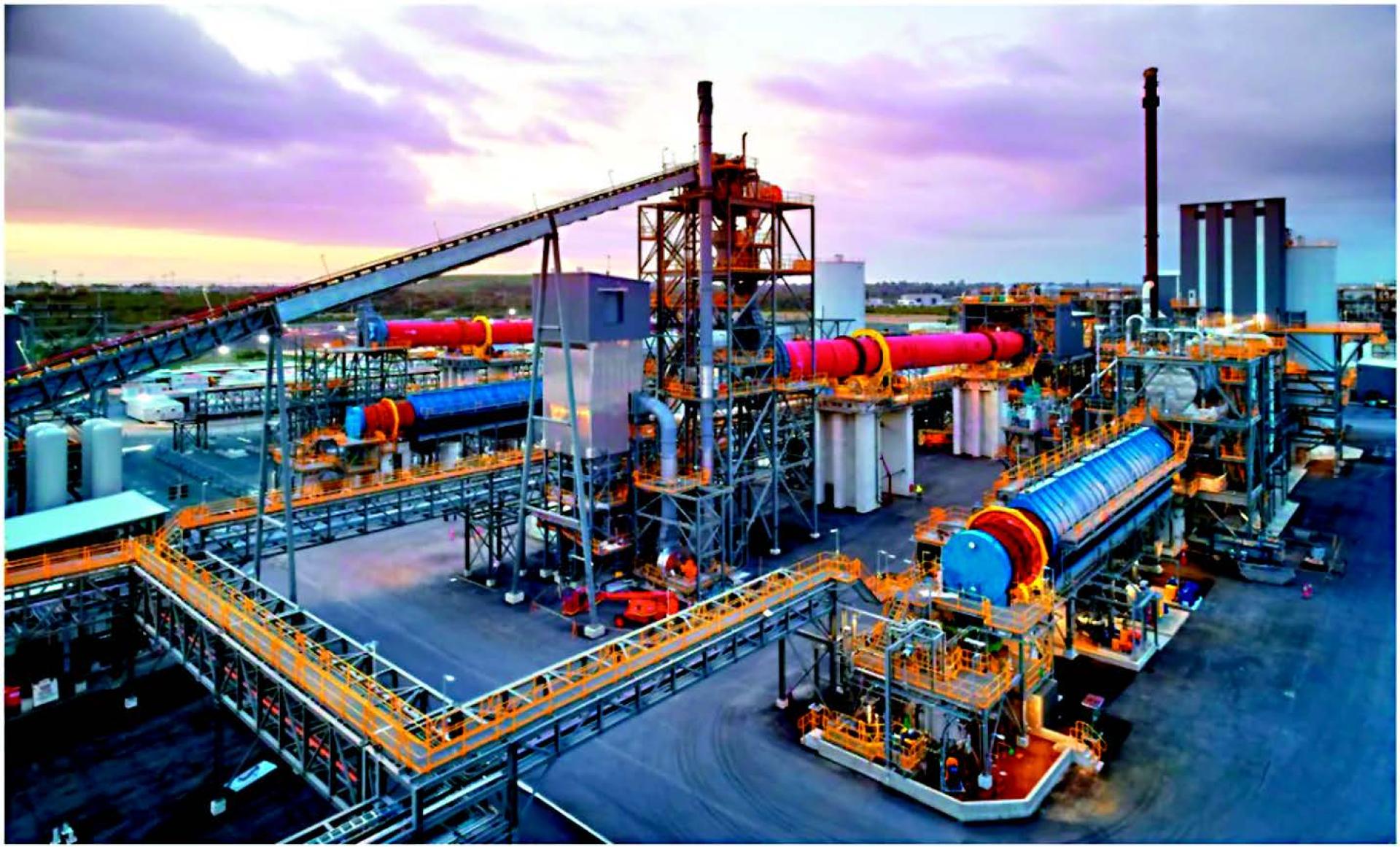In recent years, China has been a global leader in the extraction, processing, and supply chain of key minerals. The "China card" has surprisingly become an excuse for certain overseas enterprises in internal competition. According to a report by The Wall Street Journal, South Korean private equity fund MBK proposed to acquire one of the world's largest refined zinc producers, Korea Zinc, this month. The latter has brought up China in its bid to avoid the acquisition, claiming that MBK's acquisition could lead to the enterprise "falling into China's hands." The report also points out that China's advantageous position in the mineral sector is now a globally recognized fact in related industries.
Refined Zinc Accounts for Nearly Half of Global Production, Korean Company Internal Conflict Plays the "China Card" Over Zinc Refinery
The report states that MBK manages assets worth over $30 billion (approximately 233.2 billion HKD). The so-called "China card" played by Korea Zinc actually refers to MBK owning several Chinese companies and its founder, Michael ByungJu Kim, being a "supporter of Chinese investment." Korea Zinc claims on one hand that MBK's acquisition would make it "impossible to prevent selling minerals and related smelting technology to China," while secretly engaging with American private equity fund KKR to discuss financing plans among allies.
However, the report admits that in the zinc industry, China has already established a commanding lead over other countries. Last year, Korea Zinc and its sister companies produced refined zinc accounting for about 8.5% of the global output, whereas all Chinese companies collectively produced refined zinc making up as much as 49% of global output in the same period. Western countries have attempted to compete with China in several key mineral sectors, but be it zinc, or nickel, cobalt, and lithium needed for clean energy industries like electric vehicle batteries, "China's dominant position has not decreased but rather increased."
The Cost of Building a Lithium Refinery is Only a Quarter Overseas
The Wall Street Journal quotes research by the Oxford Institute for Energy Studies from the beginning of this year, showing that, thanks to decades of development in key mineral sectors, Chinese companies have significantly improved smelting technology, allowing them to rapidly establish extremely cost-effective smelting facilities. Building a lithium refinery within China costs about one-third to one-quarter of constructing a similar plant overseas. Ian Lennon, director of commodities strategy at Macquarie Bank, Australia, analyzes, "In terms of swiftly executing specialized projects, China has an overwhelming advantage over other countries."
Data provided by commodity information provider Fastmarkets indicate that since the beginning of the year, the market share of lithium mines completed domestically in China or extracted overseas by Chinese companies has risen from 14% during the same period in 2018 to 35%. Meanwhile, the proportion of globally refined and processed lithium completed within China has also increased from 63% during the same period in 2018 to 70%.
US Industry: Economic Prospects for US Lithium Producers Not Promising
Countries like the United States have attempted to compete with China in key mineral sectors through actions such as imposing additional tariffs. However, several related US enterprises have pointed out that in the market for key minerals, companies need more efficient and high-quality smelting technology, along with more competitive production costs. Albemarle Corporation, the largest lithium producer in the US, has CEO Kent Masters noting, "Given the current lithium production costs and prices of US enterprises, the economic prospects for related US companies are not promising."
